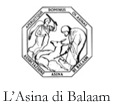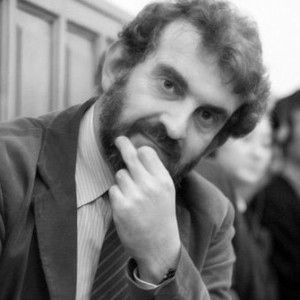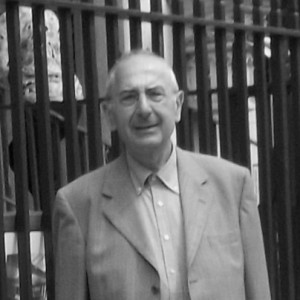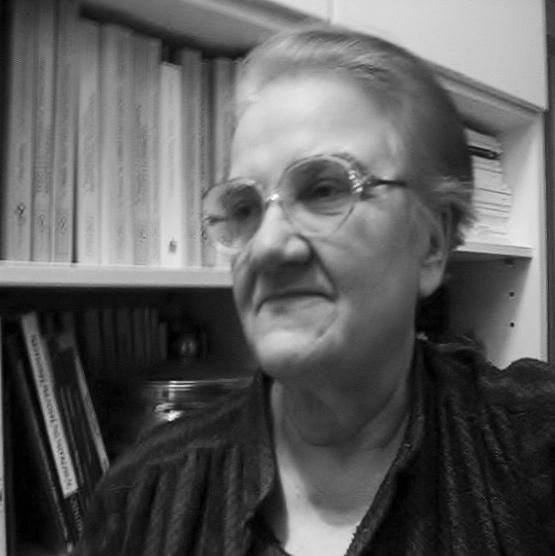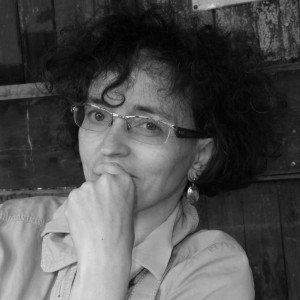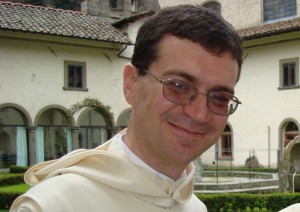Latin American Theology underwent significant development following the Second Vatican Council, with a proposal that has come to characterize the continent: Liberation Theology (LT). Taking into consideration a series of streams of thought developed in the first half of the 20th century (transcendentalism in theology and philosophy, theologies of history, theologies of praxis, the YCW method, sociological theories of analysis, etc.), LT made its own synthesis from the context of Latin American poverty and oppression, and the liberation processes underway, which characterized the decade of the 1960s. This theology explicitly set out to accompany these liberation processes based on the Word of God, and as a church rising in—and as a result of—those broad processes.
Among other relevant aspects, though born as a critical reflection, this theology develops its thoughts from the historical praxis of the liberation of the oppressed and from a conceptualization of the poor as non-person. This validates LT as a humanist proposal with two unique features: a theological humanism and a liberating humanism (liberating people from injustice and oppression). My intention is, therefore, to show how these two classical elements of theology (history as a context for God’s manifestation, and the concept of person, from theological origin), have reached a new dimension in the reflection of LT. Hence, LT has elaborated a significant theological approach to contemporary humanism, with God’s concrete manifestation in the fight for the equality of all people and their development as persons. Beyond their historical conditioning and the vast changes that have taken place in the world and Latin America in the third millennium, some theological institutions remain currently relevant as regards our topic.
After introducing LT and the semantic context behind the concept of person, we will develop three aspects that confirm the character of LT as theological and liberating humanism.




























 scarica l’articolo gratuitamente
scarica l’articolo gratuitamente Area personale
Area personale



